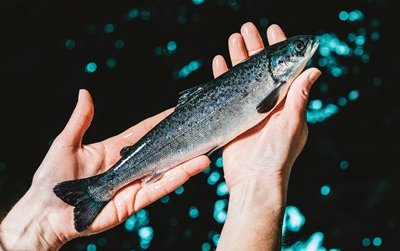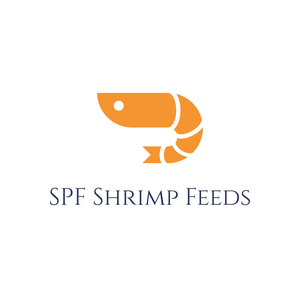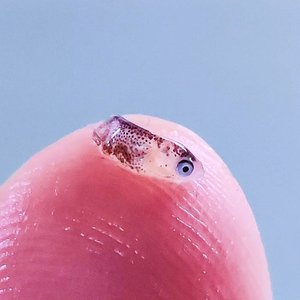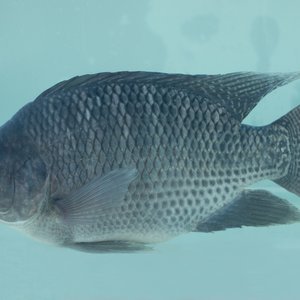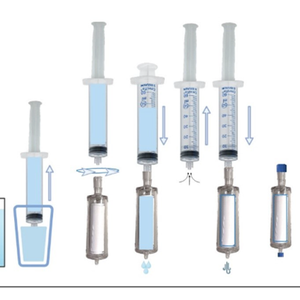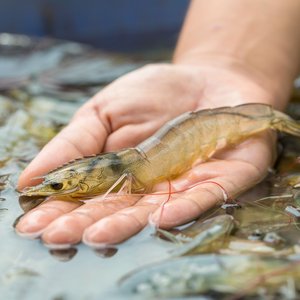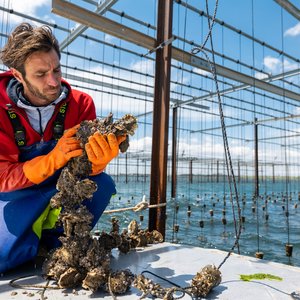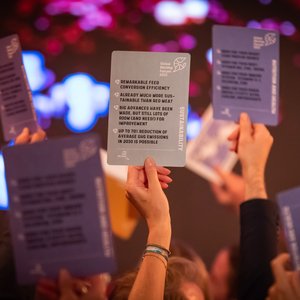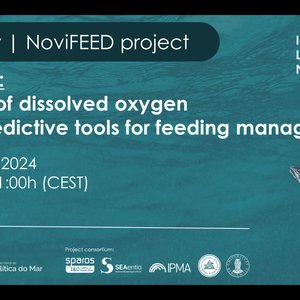Scottish Sea Farms’ work to recycle hatchery waste into nutrient-rich agricultural fertilizer was recognized with a VIBES Scottish Environment Business Award. The VIBES invited businesses to share their stories of how they adapted their way of working, products or services as a consequence of COVID-19 or have continued to progress low carbon opportunities despite the pandemic.
Scottish Sea Farms, which operates along the west coast of Scotland and in the Northern Isles, was praised by the award organizers for its work to capture fish waste from its new £58 million salmon hatchery at Barcaldine, near Oban, and recycle it as fertilizer to enrich farmland. The project is part of the company’s drive to set a new benchmark for sustainability in the sector and contribute to the Scottish Government’s ambition to be net-zero by 2045.
Any waste material, such as fish feces or uneaten feed, is removed and captured for recycling. Lead engineer for Barcaldine RAS Hatchery, Ewen Leslie, explained that using technology by Norwegian engineering company Scanship AS, the waste is first aerated to prevent any unwanted bacteria from germinating, then bound together into larger particles via the addition of a cationic polymer. With that done, the waste is filtered to separate the solids from the water. These solids, which are now of a sludge-like consistency, are then collected in a storage tank.
Invergordon-based waste management company Rock Highland, part of the Avanti Environmental Group, ensures the sludge is both safe and suitable for agricultural land. Once the sludge has been certified as being safe for use on agricultural land, the nutrient-rich by-product is then uplifted by tractor and barrel for use on farmland.
Scottish Sea Farms’ freshwater team is now developing phase two of their fish waste recycling plans, with the goal of removing the remaining water content and converting the sludge into dry pellets. “The benefit to the environment of moving from wet to dry form longer-term would be a reduction in the volume of waste material, thereby reducing the number of tankers and road miles required to transport it from hatchery to farmland,” said Leslie.


